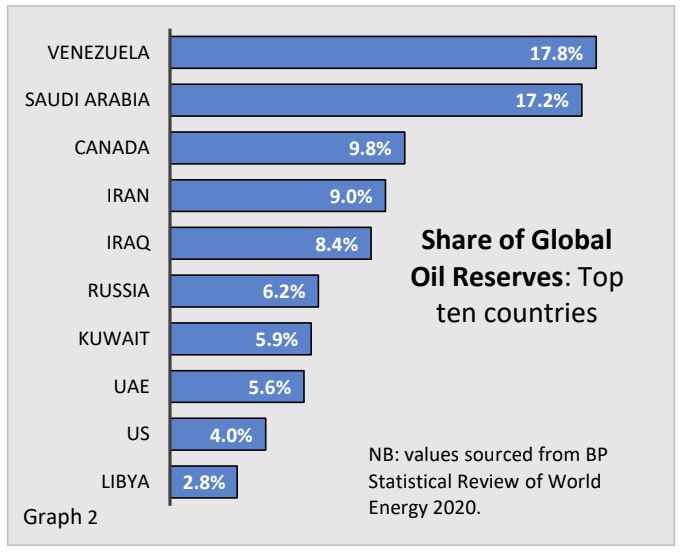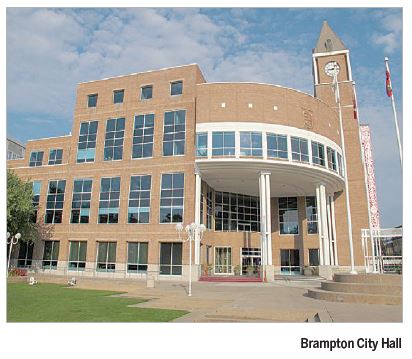TORONTO – Canada is in a Federal election. The call comes as Prime Minister Justin Trudeau seeks to gain control over a majority government.
Several pollsters suggest now is not the best time to hold an election. Especially as the nation enters the fourth wave of the pandemic.
According to a recent poll by Nanos Research (July), survey data suggests that only one in four Canadians (26%) are happy about the prospect to heading to the polls in a matter of weeks. Another poll, commissioned by a Toronto daily suggest 65% of respondents feel it is not a good time. To say the least, Canadians have concerns about holding an election amid a pandemic.
The National debt has surpassed $1 trillion, due in part to spending measures to help stop the spread of Covid-19 and support Canadians through the pandemic. This includes the procurement of more than 400 million vaccines, enough to vaccinate the entire population at least ten times over. Add to that the price tag of this federal election, expected to be one of the costliest in the nation’s history.
Elections Canada estimates that this election may end up costing Canadians around $610 million. That is more than $100 million compared to the previous election in 2019, when the Liberal party fell short of a majority government. This time around, the country is dealing with an unprecedented public health crisis.
Factors which likely will contribute to the higher costs include an increased number of mail-in ballots and additional safety protocols at polling stations. The estimate of the total cost may be unpredictable as Covid-19 cases trend in the wrong direction.
Regardless how voters may feel about casting their ballots in the middle of a pandemic, they will have the opportunity to do so on September 20. That means party leaders and candidates are on the trail to spread their message and reach constituents in their ridings.
Who exactly are those people and where do they live? To concentrate on people of Italian origin in Ontario, the federal district of Vaughan-Woodbridge holds the greatest percentage (53%), of the population who self identify as Italian, as per the most recent data from Statistics Canada (see graph). Across Ontario, people of Italian heritage make up a 10% minimum of the number of constituents in at least 20 jurisdictions.
Throughout the election campaign, the Corriere Canadese will explore a number of the electoral ridings in Ontario, some of which may be key to a majority government. We invite all party candidates to address our readership in matters that are important to them. Our analysis will be predicated on the basis of their response. Ready…set…go!






